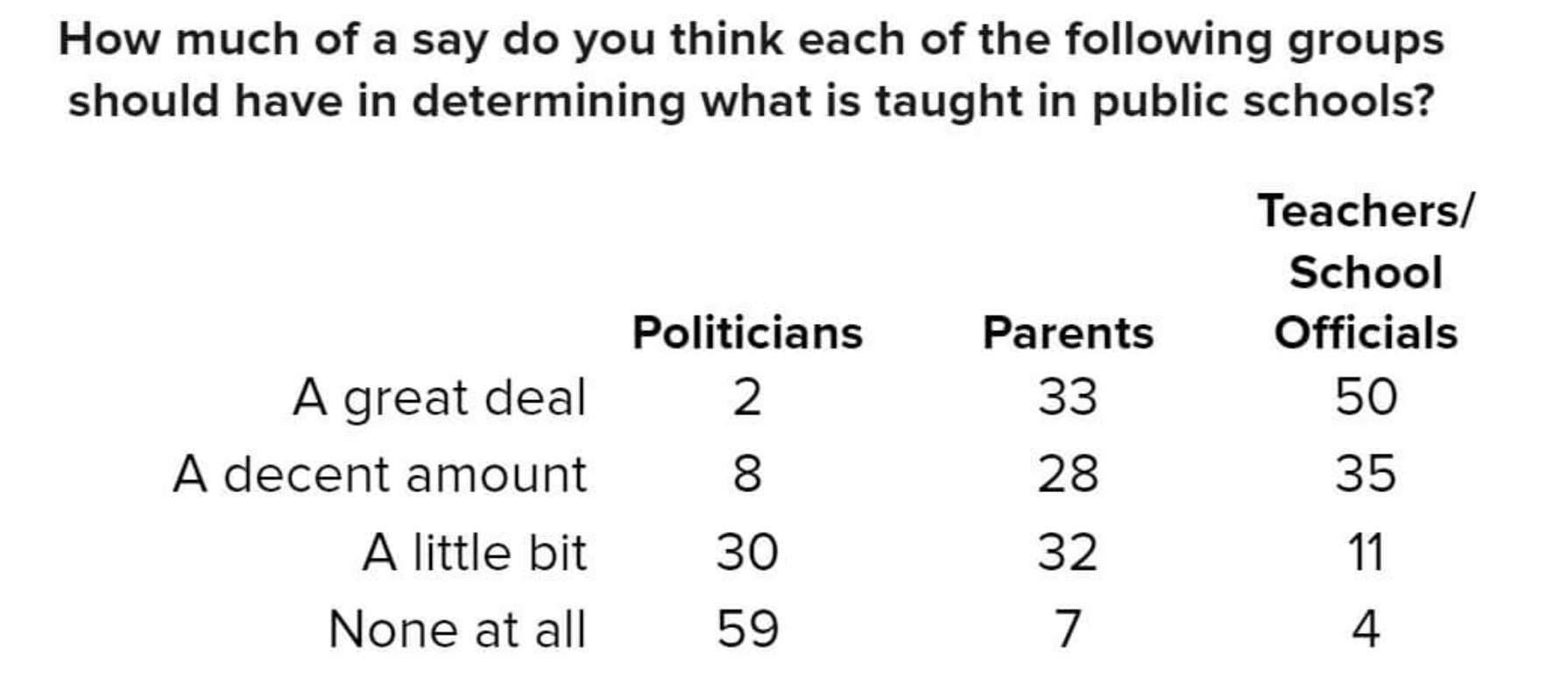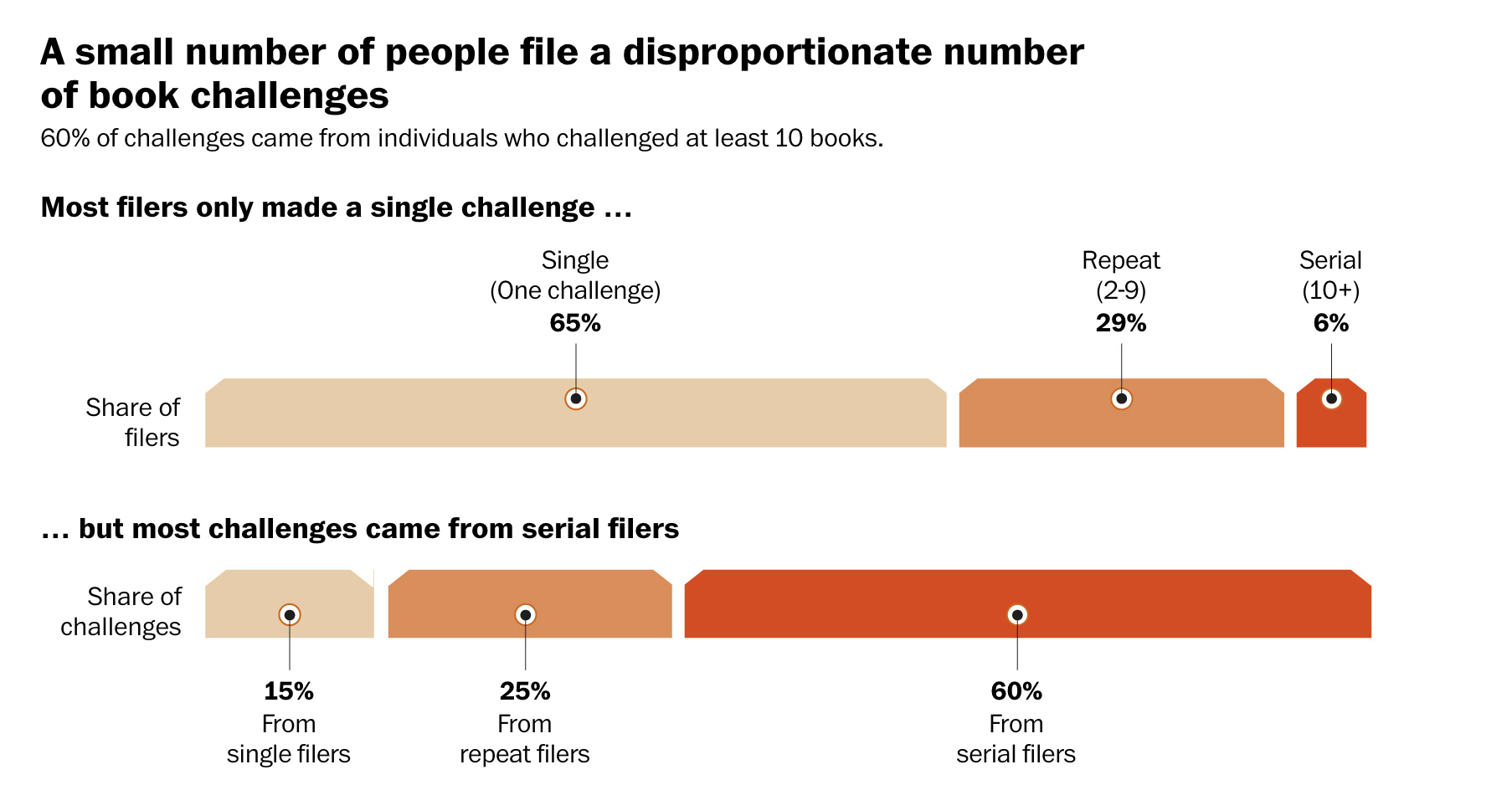FYI from BSF, 05.26.23
MassInc wrapped an 8th round of 3+ years of polling to track families’ experiences and perceptions through and post pandemic. You can find the details and a summary here.
There are some enduring themes. Increased and sustained concern about children being behind academically (slide 8). Differences in experiences and perceptions along racial lines (slides 9, 14, and 20). And, despite considerable attention and additional resources, enduring concern for students’ mental health.
Why does this linger, even with increasing distance from the disruptions of 2020 and 2021? The United States Surgeon General is pointing directly at social media use.
This may have been a contributing factor to a widely covered discussion at Tuesday’s Board of Elementary and Secondary Education meeting: policies to restrict student cell phone use, and even a state funding opportunity to support such mandates.
Perceptions of safety certainly play a role as well. There were graphic reminders of this week with the one-year anniversary of Uvalde and with a “swatting” hoax at St. John’s in Danvers that escalated dangerously when a responding officer’s weapon discharged.
And, yet, in spite of these challenges and concerns, there is one evergreen trend in these polls and others over time: Massachusetts families are overwhelmingly satisfied with their schools.
Remember the heady, “we can’t go back to normal” talk of 2020 and 2021? Sure, education systems are peculiarly resistant.
But, more simply, policymakers and advocates should recognize that it is hard to make the case for big changes in schools when most families and students aren’t asking for them.
Notes in the margin
Boston School Committee met this week, with the big news being the official mergers of two Roslindale elementary schools and two elementary schools straddling the Dorchester/Mattapan line. Full materials here, including proposed changes to admissions for Madison Park (Massachusetts vocational school admissions policies continue to be a hot topic).
Although still above pre-pandemic levels, there are signs of chronic absenteeism declining.
Massachusetts is a national leader in early interventions to address student needs.
Here are the full materials for the remainder of the Board of Elementary and Secondary Education meeting on Tuesday. Discussion of receivership in Holyoke continued throughout the week, with advocacy for changes in legislation to eliminate to receivership and MCAS graduation requirements, and released polling showing voters support keeping the former policy.
Data indicates that pre-K enrollment is rebounding from the disruptions of 2020 and 2021. Massachusetts still lags behind many states, but Cambridge will now offer truly universal pre-K.
An annual teacher survey reveals continued concerns and signs of progress.
This week’s episode in the education culture wars starred Amanda Gorman’s 2021 inaugural poem. Controversies like this are belied by pretty clear polling data that most Americans trust teachers and school officials to make these sort of decisions and believe schools should address race in the classroom.
But, moderate consensus doesn’t get clicks; extreme positions do. 11 (that’s right, eleven) people are responsible for nearly 2 out every 3 of the entire country's "book challenges" related to sexual orientation.
Other Matters
Instead of just advice, this year’s UMass Boston commencement speaker, Rob Hale, gave the graduates cash.







